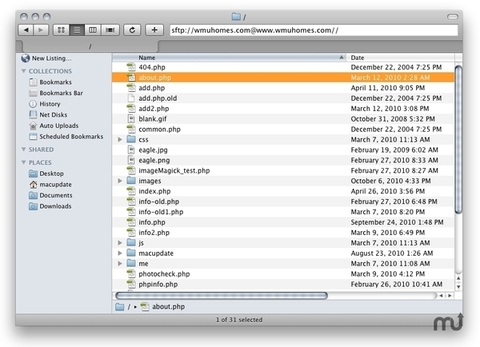
You can download a set of example AppleScripts for Fetch from the Fetch Softworks website. It is also useful to examine Fetch's Apple event dictionary, since it provides a complete list of the supported object classes, properties, and events. For security reasons, Fetch will not record passwords, so when you run the recorded scripts you may have to furnish passwords, unless those passwords are stored in your keychain.

Most user actions will be recorded as script statements.
#Hidden interarchy prefs how to#
The easiest way to get a feel for scripting Fetch, or to find out how to script a task, is to turn on recording in your script editor, perform the task manually, and then examine the script that has been recorded. For more information, see the introduction to using Automator with Fetch and Automator actions help topics.įetch supports Apple event recording. You may find that setting up an Automator workflow to automate a Fetch task is even easier than using AppleScript. This help topic describes Fetch's support for the URL, Fetch, and Interarchy Apple event suites.įetch also provides a variety of Automator actions. It also makes it possible for other programs to use Fetch as a helper application for resolving FTP and SFTP Uniform Resource Locators (URLs). This makes it possible to automate tasks in Fetch with a scripting tool such as AppleScript. AppleScript support may return in a future release of Fetch.įetch supports a number of Apple events.

The documentation below is only accurate for Fetch 5.7.7 and earlier. NOTE: Fetch 5.8 does not offer AppleScript support.


 0 kommentar(er)
0 kommentar(er)
